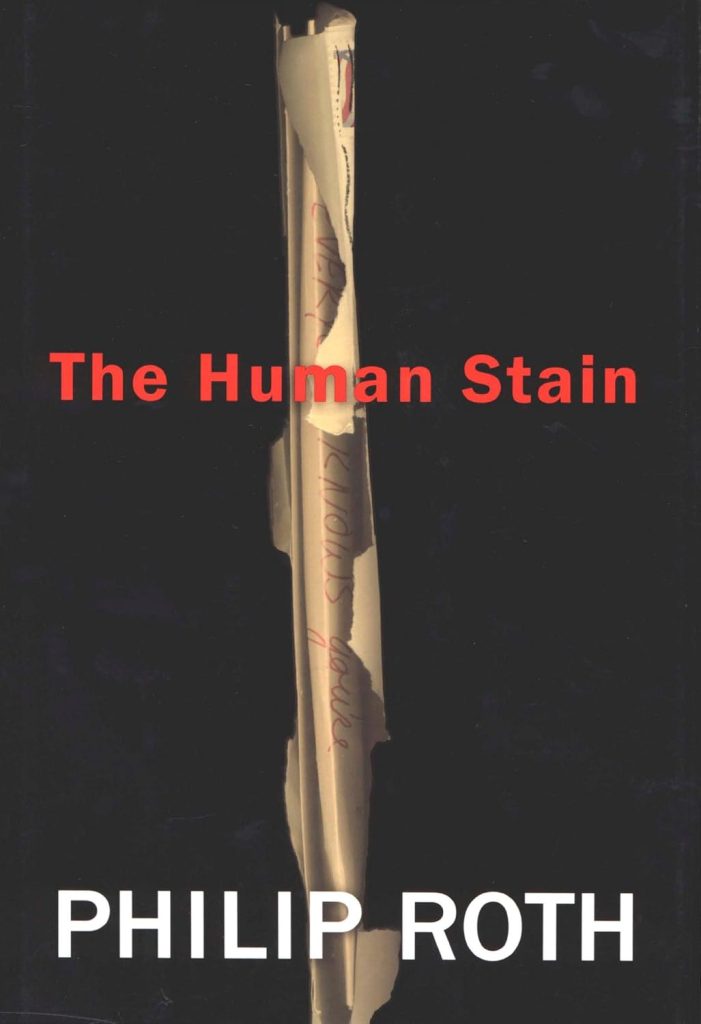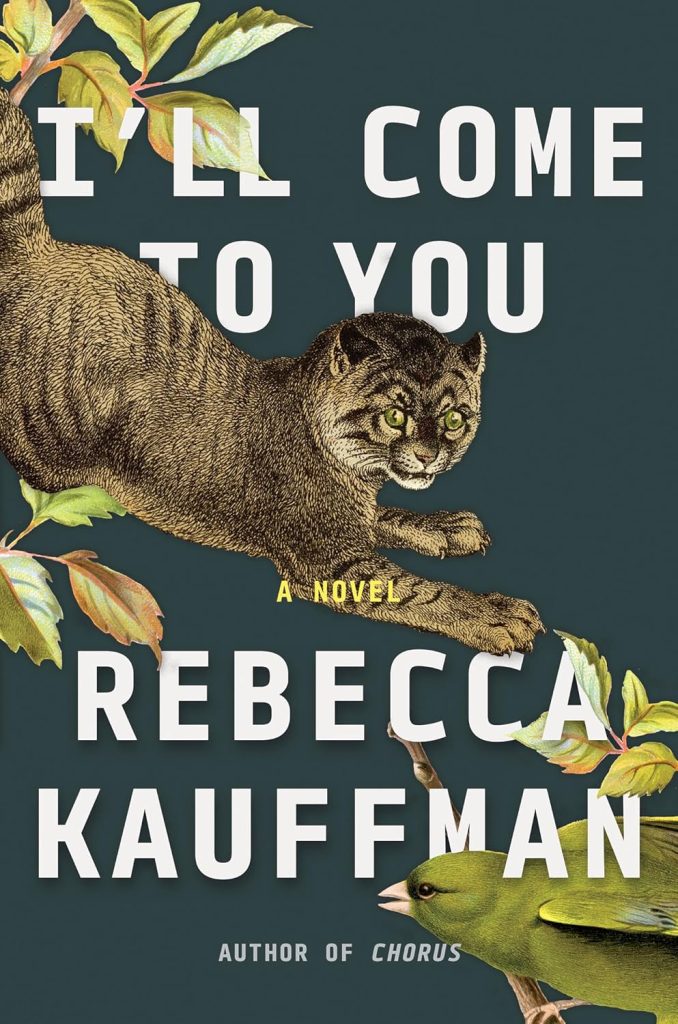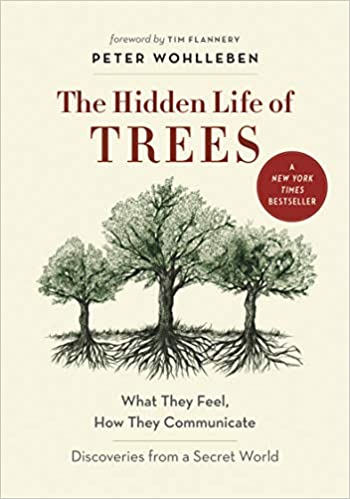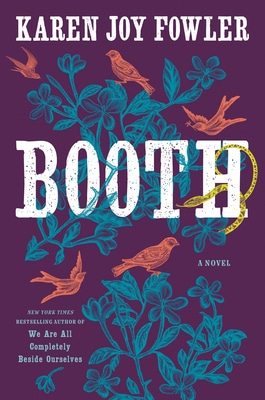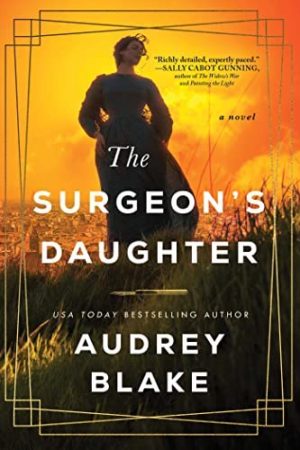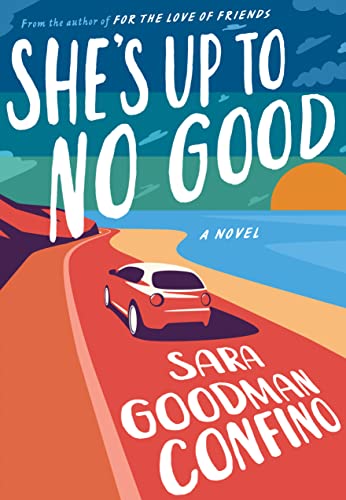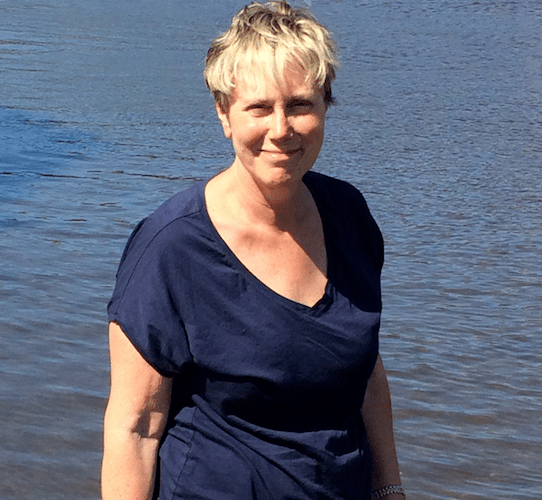
Honeymoon Camping!
Estimated reading time: 15 minutes, 19 secondsTwo Young Lovers
Looking for America!
“Wow,” Jan said as we drove north on the FDR Drive. “It is so lovely to be finally leaving on our honeymoon.” As our red VW Beetle, which we had rented for our honeymoon, went under the Queensboro Bridge, I looked at her beautiful face. I turned the radio off as Jan began to sing. “Like a bridge over troubled water, I will ease your mind.” My mind was fully relaxed, and my love for Jan filled the tiny cabin of our car and the cosmos from here to the farthest stars in the sky.
“Sweetheart! We are in NJ,” I said as we crossed the George Washington Bridge. You are home again.
Jan laughed as she said, “I may have been born in the Garden State, but I only feel at home when I am with you!
I smiled at Jan while maneuvering the car onto I-80 West. The summer before meeting her, I had taken this same route to western New Jersey and eastern Pennsylvania for the hostel trips.
On those trips, I had dreamed of having a companion to share the highs and lows of those bike expeditions. Now I had not only a friend but my wife on a road trip, and I could not ask for anything more.
What’s on your mind, my love,” Jan inquired. It seems like you have something on your mind.”
“I am happy to be your husband and begin our honeymoon and life’s journey together.”
“Me too. It seemed like you had something else on your mind as well.”
I did have more on my mind but was struggling with how to express it.
“Do you want me to turn the radio on, or do you want to keep singing?”
I am just looking for America while my wonderful husband drives us on our honeymoon.
“We are not on the NJ Turnpike.”
Jan began singing America as I smiled at my beautiful wife.
Counting the cars
America
On the New Jersey Turnpike
They’ve all come
To look for America
All come to look for America
All come to look for America
After almost 48 years, I recently lost my wife, Jan Lilien. Like The Little Prince, Jan and I believed that “The most beautiful things in the world cannot be seen or touched, they are felt with the heart.” This blog is a collection of my random thoughts on love, grief, life, and all things considered.


